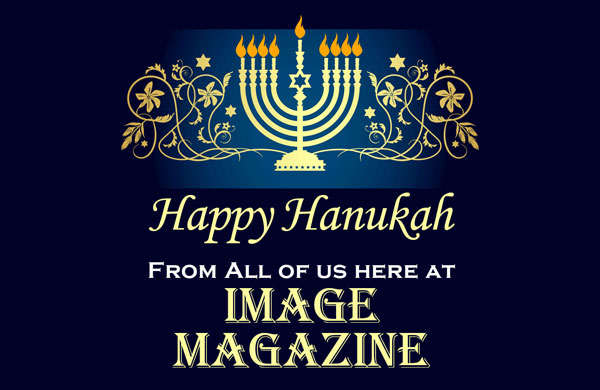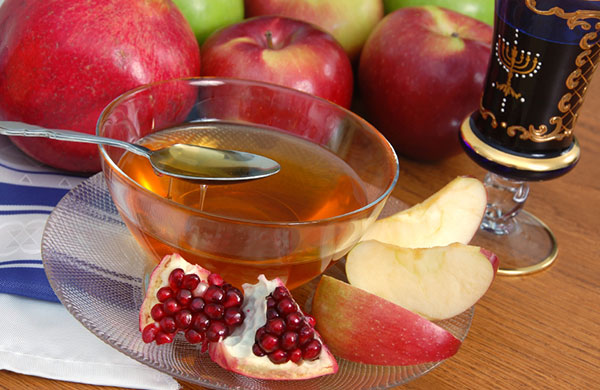 Purim is the festival which commemorates the breathtaking Jewish victory over the murderous designs of Haman. It is a story of great courage and self-sacrifice, first and foremost by Queen Esther and Mordechai, and ultimately by the whole Jewish nation. This joyous festival reveals the hidden hand of G-d in the event of man.
Purim is the festival which commemorates the breathtaking Jewish victory over the murderous designs of Haman. It is a story of great courage and self-sacrifice, first and foremost by Queen Esther and Mordechai, and ultimately by the whole Jewish nation. This joyous festival reveals the hidden hand of G-d in the event of man.
Haman, who descended from the Jew-hating tribe of Amalek, devised a scheme to solve the Jewish problem once and for all by annihilating every Jew—men, women and children throughout the world in a single day.
Mordechai, a descendant of King Saul and advisor to King Achashverosh, sensed the danger. He called for his niece, Queen Esther, and told her that she must go to the king and plead for her people. Haman was defeated and the Jewish people were saved. They celebrated the holiday of Purim.
What We Do on Purim
*Listen to the Megillah
To relive the miraculous events of Purim, we listen to the reading of the Megillah (the Scroll of Esther) on Thursday night, March 20 and again on Friday, March 21 during the day time. When Haman’s name is mentioned, we twirl groggers and stamp our feet to ‘drown out’ his evil name. Tell the children Purim is the only time when it’s a mitzvah to make noise!
*Send Gifts of Food
On Purim we emphasize the importance of Jewish unity and friendship by sending gifts of food to friends. Send a gift of at least two kinds of ready-to-eat foods to a friend on Friday, March 21.
*Give Gifts to the Needy
Concern for the needy is a year-round responsibility for the Jew. On Purim, particularly, it is a special mitzvah to remember the poor. Give charity to at least two, but preferably more, needy individuals.
*Eat the Festive Meal
As on all festivals, we celebrate Purim with a special festive meal on Friday, March 21, when family and friends gather together to rejoice in the Purim spirit.
Message of Purim
One of the Purim mitzvot is the reading of the Megillah, the scroll of Esther, in which the miracle of Purim is recounted. The Talmud tells us that “whoever reads the Megillah backwards, does not fulfill his obligation.” Our Sages explain that ‘backwards’ does not only mean in reverse order; it also means that whoever reads the Megillah merely as ancient history has missed the point. The Purim story is directly relevant to our contemporary world. As the Megillah itself tells us, when we celebrate Purim each year, the miraculous events of Purim are remembered and reenacted in our lives. May this most joyous of Jewish festivals bring joy to you and all your loved ones.
________________
Rabbi David Laine is Director of Chabad Vocational Schools.


